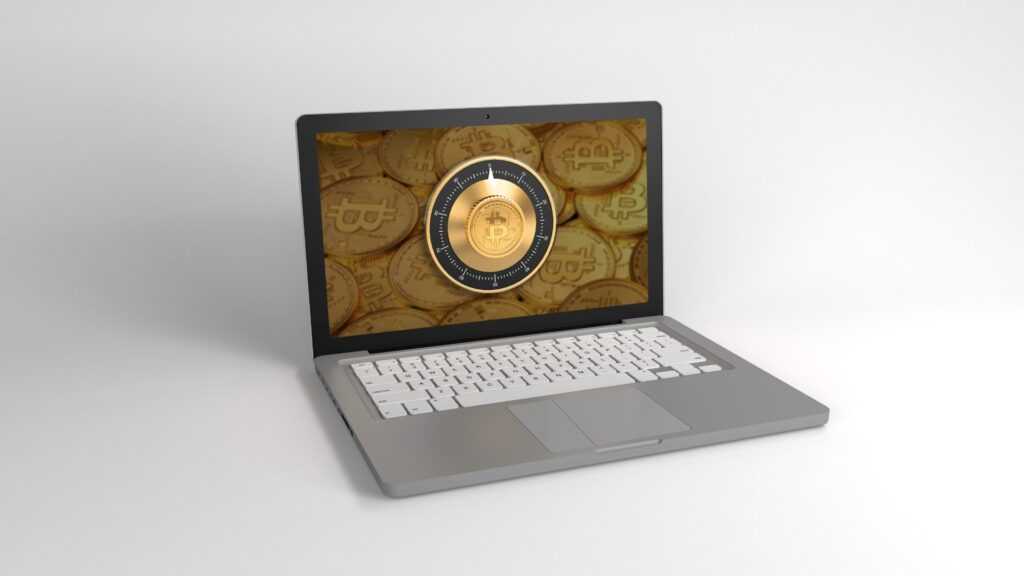Essential Features of Multi-Currency Crypto Wallets
Multi-currency crypto wallets offer a range of features that make managing diverse cryptocurrencies straightforward and secure. Below are key aspects to consider.
Security Protocols
Advanced security protocols protect assets in multi-currency crypto wallets. Most wallets use encryption, two-factor authentication, and biometric verification.
Hardware wallets provide extra safety by keeping private keys offline. Cold storage, a form of offline storage, further secures funds from online threats.
User Interface and Usability
An intuitive user interface simplifies crypto management. Clear navigation menus, easy access to transaction history, and comprehensive dashboards enhance user experience.
Responsive design ensures compatibility across devices, providing seamless access whether on a desktop or mobile.
Exchange Integration
Built-in exchange integration streamlines trading within the wallet. Users can swap various cryptocurrencies quickly without transferring funds to external exchanges.
This feature reduces transaction times and lowers risks associated with multiple platform usage. Some wallets support decentralized exchanges (DEXs) for greater privacy and control over assets.
Benefits of Using Multi-Currency Crypto Wallets

Multi-currency crypto wallets simplify crypto management and offer numerous advantages. Utilizing these wallets maximizes security and trading efficiency.
Simplified Asset Management
Managing multiple cryptocurrencies becomes straightforward using multi-currency wallets. Instead of juggling various wallets, one interface provides access to all assets.
A unified dashboard displays balances, recent transactions, and market trends. For instance, users can monitor Bitcoin, Ethereum, and Litecoin holdings side by side.
This integration reduces confusion and streamlines portfolio tracking. Software options often come with real-time updates, ensuring accurate information. Managing assets comprehensively enhances investment decision-making.
Enhanced Trading Capabilities
Multi-currency wallets offer built-in exchange features, elevating trading efficiency. Users swap coins directly within the wallet, bypassing external exchanges.
For example, trading Bitcoin for Ethereum happens seamlessly, cutting down on time spent transferring funds. These wallets support various trading pairs, providing broad market access.
Some wallets integrate with decentralized exchanges, offering increased privacy and control. Enhanced trading capabilities help in swiftly capitalizing on market opportunities.
Top Multi-Currency Crypto Wallets in the Market
Choosing the right multi-currency crypto wallet is essential for managing various digital assets securely and efficiently. Below are detailed insights into the leading options available.
Software Wallets
Software wallets, also known as hot wallets, offer high accessibility and convenience since they store private keys online. Examples include Exodus and Coinomi.
- Exodus: This wallet provides an intuitive interface, supporting over 100 cryptocurrencies. It includes built-in exchange integration, real-time charts, and portfolio tracking, all within a highly secure environment featuring encryption and backup options.
- Coinomi: Known for its wide range of supported coins, Coinomi also offers seamless in-wallet exchanges, enhanced privacy features, and multi-platform support, making it a versatile choice for digital asset management.
Hardware Wallets
Hardware wallets, or cold wallets, provide superior security by storing private keys offline. Devices like Ledger Nano X and Trezor dominate this category.
- Ledger Nano X: With support for over 1,500 cryptocurrencies, this wallet combines Bluetooth connectivity and mobile app integration. It features a secure element chip to protect private keys, and it offers seamless transaction management through the Ledger Live app.
- Trezor: This pioneering hardware wallet ensures top-notch security with PIN protection, passphrase support, and a user-friendly interface. It supports a wide array of digital assets and integrates with multiple wallet services for expanded functionality.
Selecting a multi-currency crypto wallet depends on an individual’s specific needs and trading habits, whether prioritizing accessibility or high-level security.
Considerations Before Choosing a Crypto Wallet
Choosing an ideal crypto wallet requires careful consideration of various factors. Whether prioritizing security or convenience, understanding these key components ensures a well-informed decision.
Transaction Costs
Transaction costs, including fees for sending, receiving, and exchanging cryptocurrencies, impact your overall investment. Wallets like Coinbase Wallet and MetaMask offer transparent, competitive fees.
Consider wallets with low transaction costs if trading frequently. Verify the cost structure for each wallet; some wallets charge per transaction, while others may have a flat fee.
Supported Cryptocurrencies
Supported cryptocurrencies are crucial for portfolio management. A good multi-currency wallet supports a wide range of assets. For example, Trust Wallet and Atomic Wallet support thousands of coins and tokens.
Check that the wallet accommodates your specific cryptocurrency needs. Some wallets might support only major cryptocurrencies, excluding lesser-known assets. Evaluate your portfolio diversity when selecting a wallet.






